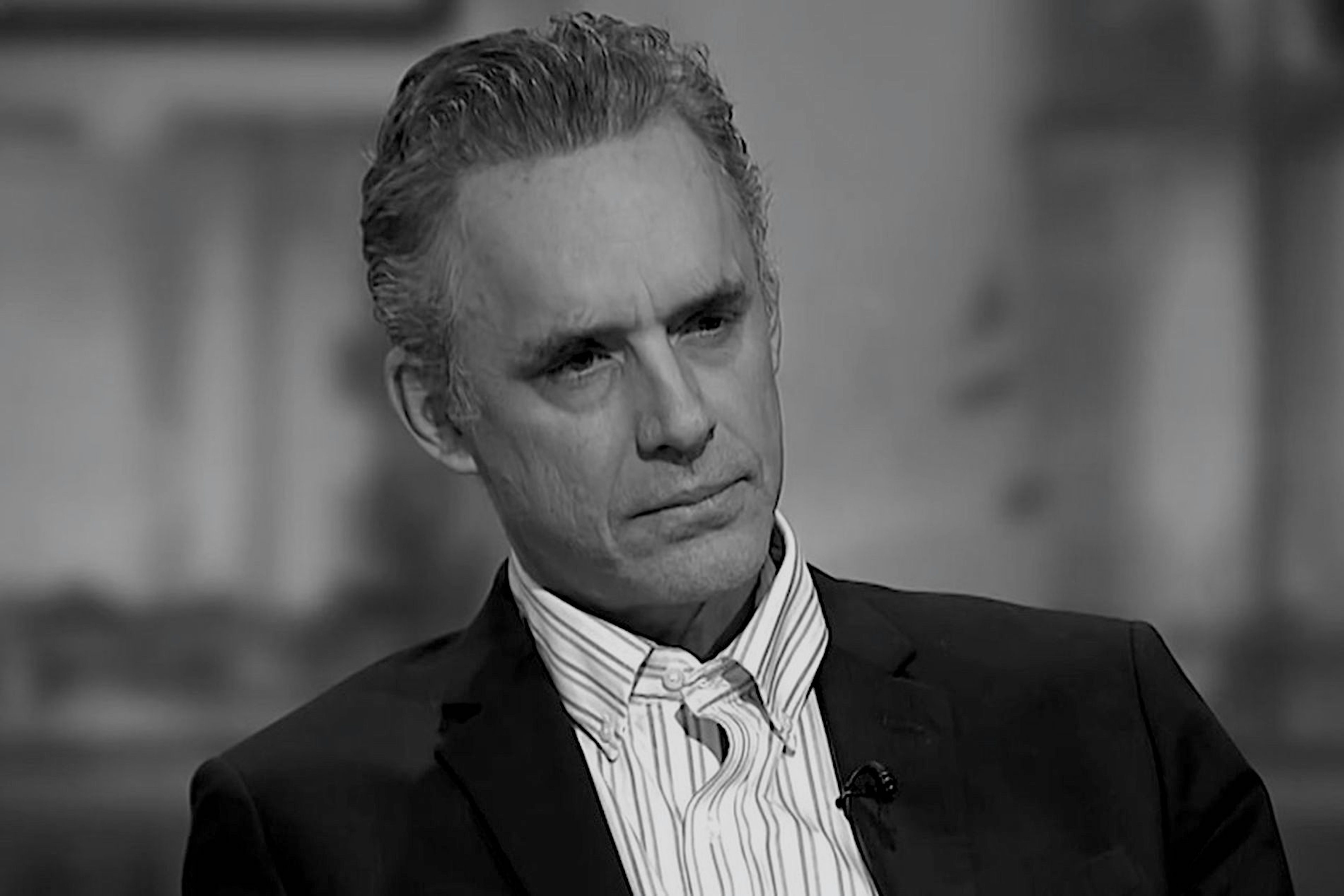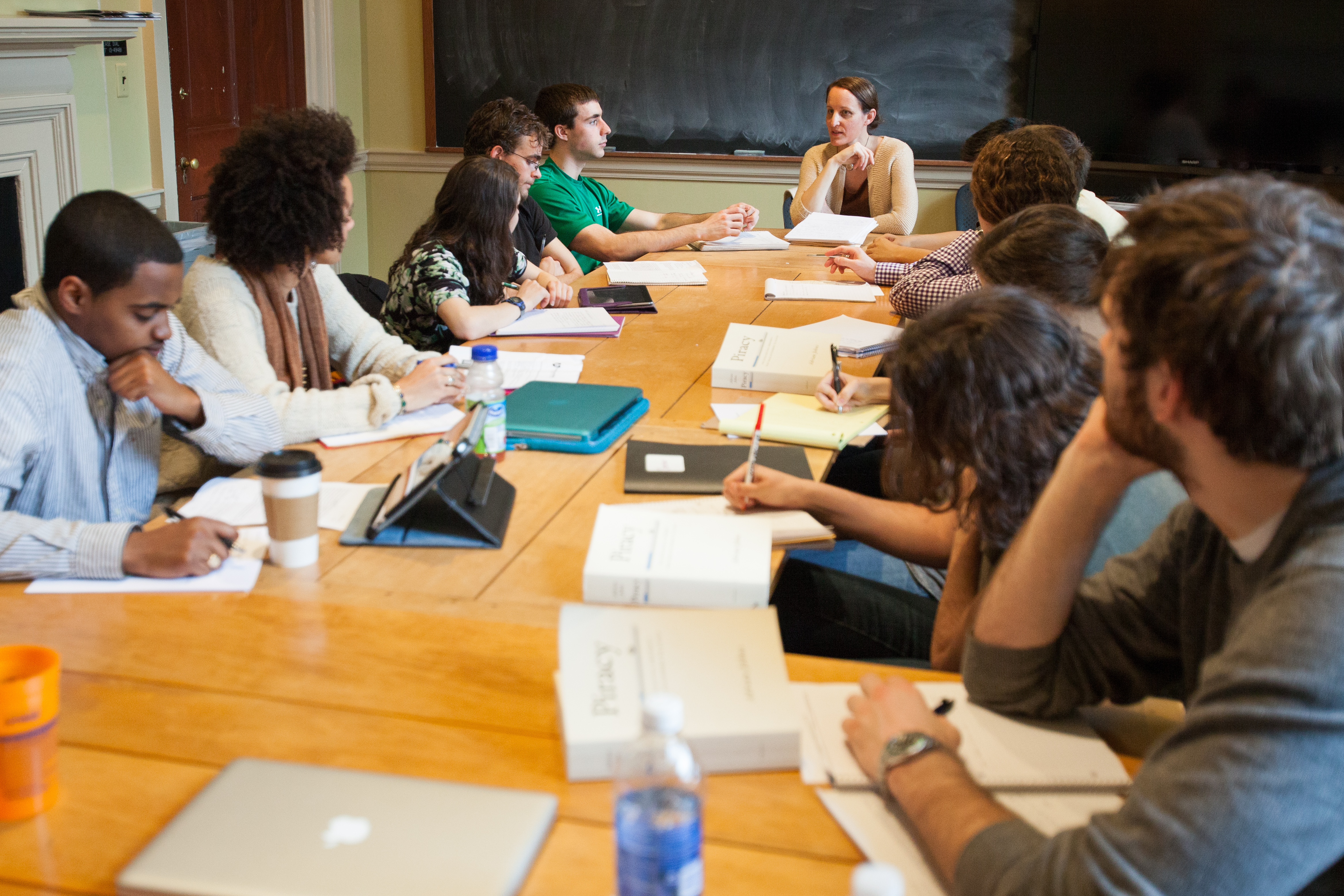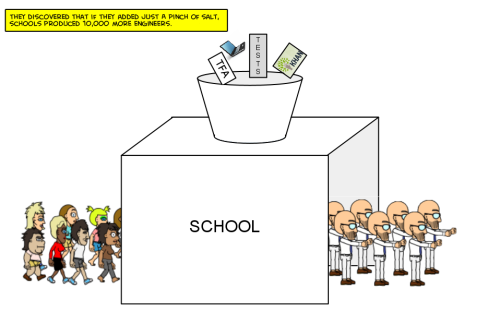When I taught in China back in the early 90s, I was appalled to learn that the university had no Department of Humanities. Purely a mechanistic view of the cosmos and of human life, it seemed. When the Berlin Wall fell, the countries of Eastern Europe understood the problem: their scholars rushed to the West to get a grounding in the Humanities.
I am alarmed to see that Humanities is now also no longer taught in high schools in Tennessee. A list of subject areas ESL students must be prepared for gives Language Arts, Math, Science, and Social Science.
A disease is spreading, and it is deadly. It is deadly not just to democracy, but to civilization itself.
If our culture were sane, Humanities would be the entire high school curriculum.
After the basic skills of Reading, Writing, and Arithmetic, taught to mastery in elementary school, the Humanities is the one thing everyone needs to study. It is the reason and grounding for everything else. If you do not pass it on, individuals despair and civilization dies.
Today, we waste our students’ time for four to six years, years when they are full of energy and desperate to learn. Many turn off at just this point.
Math? It is a common observation, a truism, that we never use our high school algebra, trigonometry, or calculus again. So what is the justification for teaching it? Geometry would be useful—to teach logic. But it is never presented in those terms; just as a set of axioms that obviously do not relate to the real world.
Science as taught in the schools is the antithesis of science. It is taught as a body of knowledge; stuff to memorize. This specific knowledge, taught as certain in high school, is probably false and will probably be shown by science to be false in time. Much of it is already known to be false while the textbook is still in circulation. The essence of science is to doubt you know anything, and to test everything; it is the scientific method. That is not taught. If experiments are done, the result is always predetermined. Anyone genuinely likely to excel in science is only likely to be turned off it in high school.
Language Arts? The grammar of English should have already been learned in elementary school. As to other languages, if it is a matter of learning to speak them—our current emphasis—the classroom is the worst place to do so. The place to learn a language is by speaking it regularly, something the classroom is designed to prevent. Language, when taught as a Humanity, is an exercise in logic: the old grammar-translation method. It is no longer taught in such terms.
Social Science? A mathematician back in the fifties made the observation that anything that has ever been discovered by the Social Sciences is either trivial, or it is wrong. This is still true, and will forever be true. Rather than adding to our knowledge, the social sciences have subtracted from it, by introducing serious errors to the popular mind. Human beings are not objects, and cannot be studied as objects. Even if this were possible, it would be morally offensive. And teaching Social Science is therefore teaching immorality.
The wealthy and the upper classes pay huge sums to educate their own children at private schools that do concentrate on the Humanities: on logic, philosophy, rhetoric, debate, history, classical literature. They know what they are doing. The British Empire was built on the quality of its private schools. The modern public school systems of North America were intentionally designed, in the early twentieth century, to produce cogs for the industrial machine. What they teach is submission and acceptance. The Humanities teach leadership; for they teach how to think. As Confucius said, “a superior man is not a tool.” Without the Humanities, the schools are turning out workers, meant as a means, not an end.
The world may need more STEM. But the problem with STEM is that whatever is taught today is obsolete tomorrow. To teach it at the high school level is a waste of time. Even to teach it later, at university, when specialization is possible, is probably too soon. It needs to be taught continually, over one’s professional career. Something now entirely possible, with distance education.
But what is needed even more than STEM, and all the more so in times of rapid change, is minds that are adaptable, have initiative, and know the ultimate goal.







